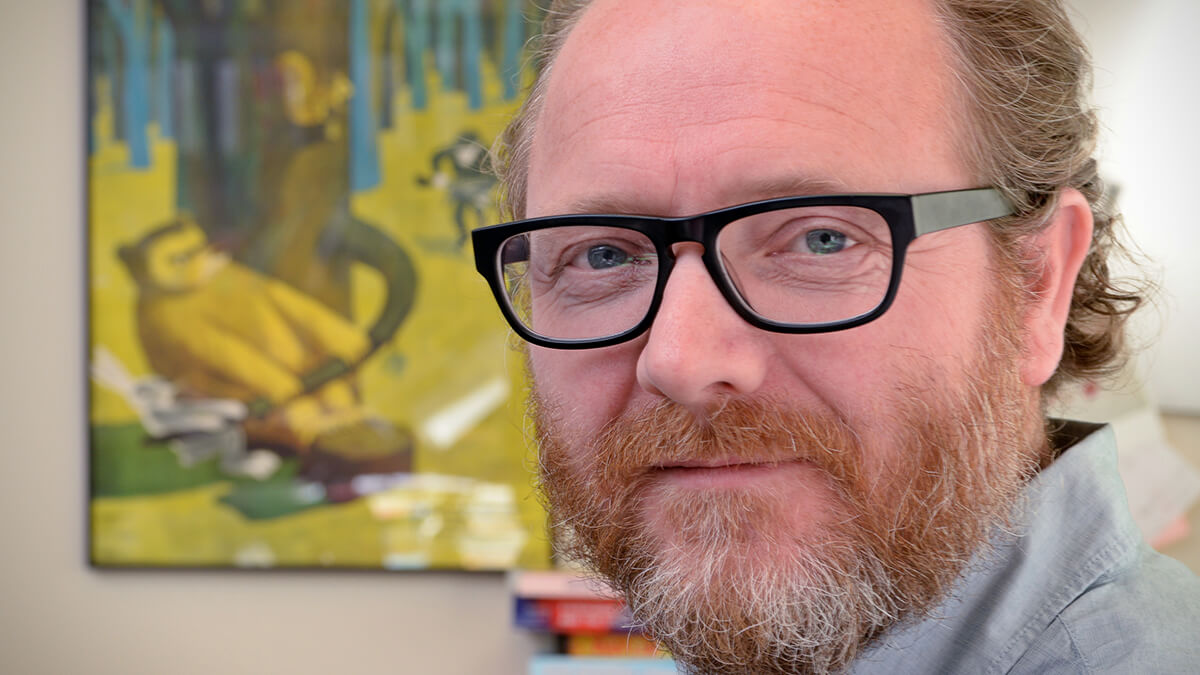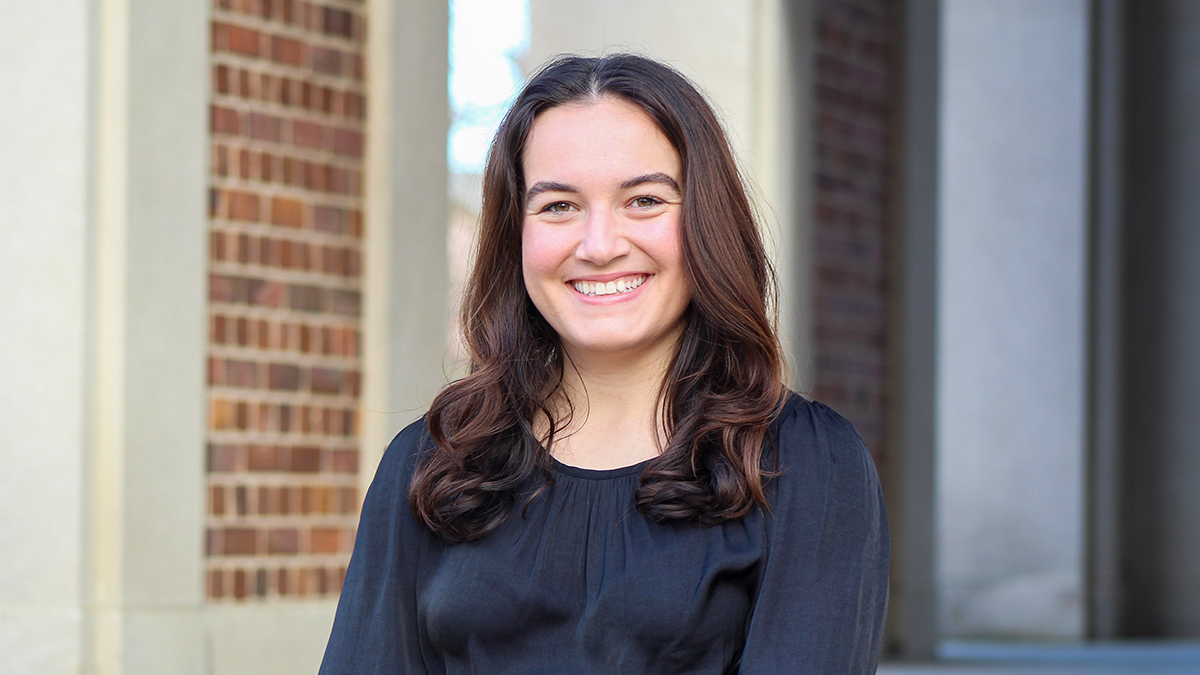True democracy eludes Russia
Carolina's Graeme Robertson believes that real political opposition in Russia is small, scattered and largely underground – and whenever it appears that it may gain enough force to pose a threat, it is crushed.

About the only thing people in the United States remember about the 1980 Summer Olympics in Moscow is that the U.S. team was not there.
Led by President Jimmy Carter, the U.S. was among 65 countries that boycotted the games in protest of the Soviet invasion of Afghanistan the year before.
Graeme Robertson – who was then an 11-year-old boy watching the games from his hometown of Glasgow, Scotland – holds a happier memory.
“Scottish sprinter Allan Wells won gold in the 100 meters thanks to the U.S. boycott,” Robertson said. “I was always grateful for that.”
Thirty-four years later, the old Soviet Union is gone, and the Olympics have just ended in the new Russia. Robertson continues to be a keen observer, now as an associate professor of political science at Carolina who has built a career studying political protest in modern Russia.
Many people saw the lavish opening ceremony of the 2014 Winter Olympics in Sochi as a coming-out party for a resurgent nation, but beneath the glitter and glitz was a fierce reality: democracy in Russia remains largely a fiction.
The term political scientists use for it is “managed democracy” in which United Russia, the main political party that consolidated power in 2001, offers state sponsorship to a handful of minor parties that pose no real threat to its power because they have been subsumed through state sponsorship and support, Robertson said.
The United Russia party wins about 50 percent of the vote in the Duma, the lower house of the Federal Assembly of Russia. The main opposition party, the Community Party, controls about 20 percent of the vote, while the remaining votes are split between the ultra-nationalist Liberal Democratic Party and A Just Russia, which is similar to a Social Democratic Party.
“We call them the ‘in-system’ opposition,” Robertson said. Putin’s government does not interfere with them because they pose no real threat.
Real political opposition in Russia is small, scattered and largely underground, he said – and whenever it appears that it may gain enough force to pose a threat, it is crushed.
Read more from the University Gazette.




